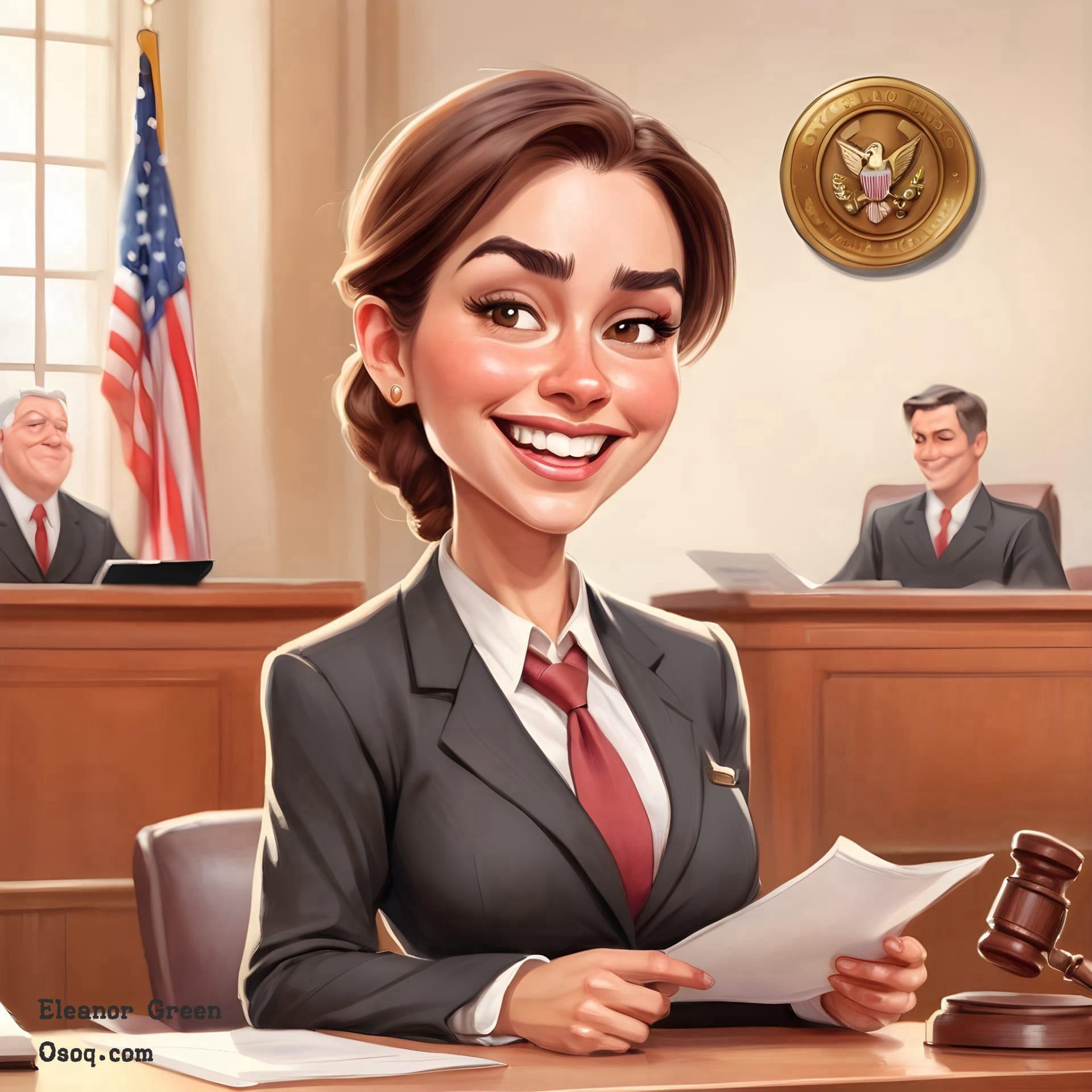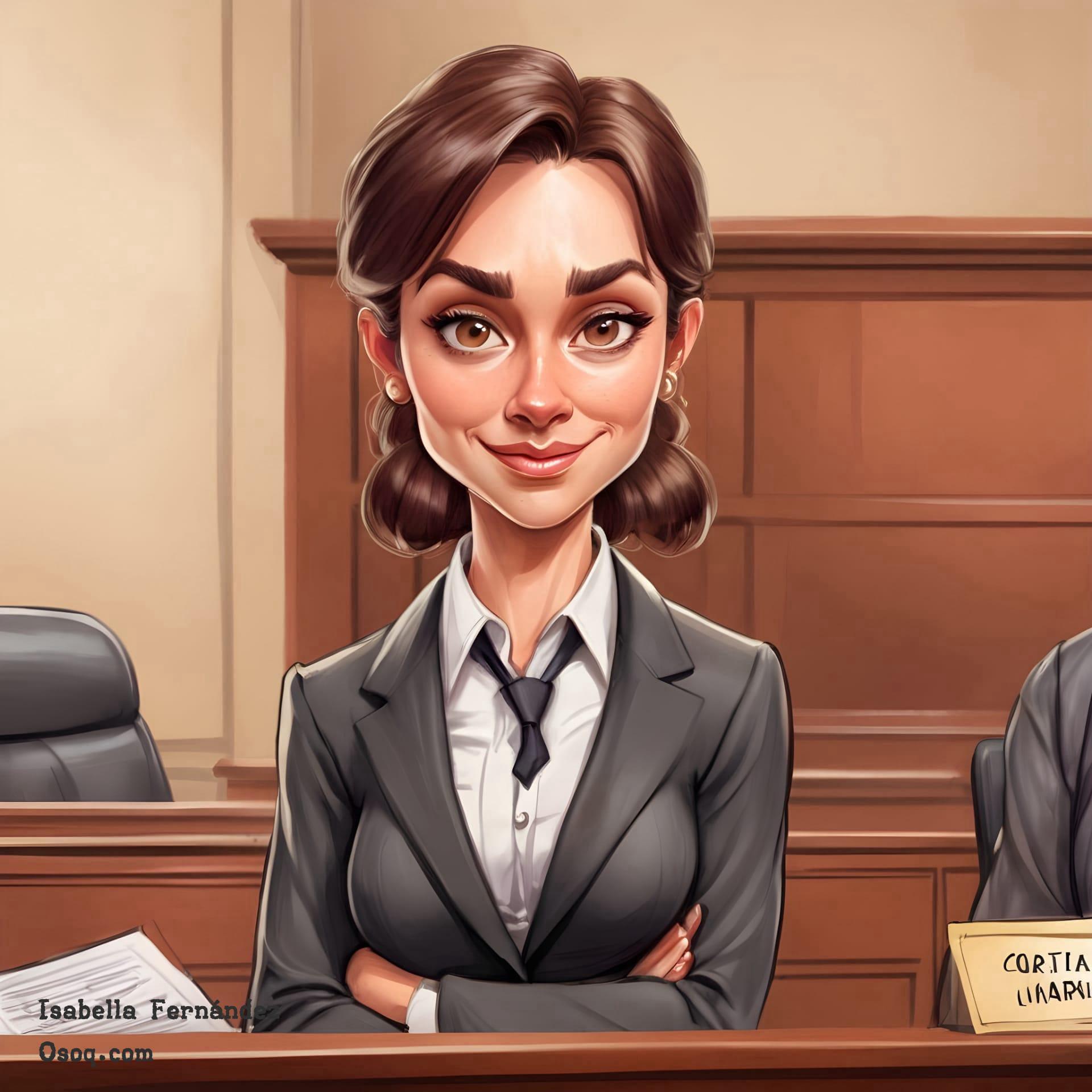Linkedin Profile Picture
- caricature /
- Linkedin Profile Picture

A LinkedIn profile picture acts as your digital handshake. Research shows that profiles with pictures are much more likely to be viewed than those without.

The ideal size for your LinkedIn profile picture is 400 x 400 pixels. Larger images will be resized but keeping to these dimensions ensures clarity and sharpness.

Smiling genuinely in your picture can influence viewers positively, making you appear friendly and approachable, essential qualities for networking.

Backgrounds in the photo should be simple and uncluttered. A plain backdrop ensures the focus remains on you, not what's behind you.

Natural lighting can dramatically improve the quality of a LinkedIn profile picture. Aim for soft, indirect light to avoid harsh shadows.

Dressing professionally in your profile photo depends on your industry. Business attire is common, but creative fields might allow for more casual looks.

Avoid using filters or heavy editing. Your LinkedIn profile picture should look like you on your best day, not an airbrushed version.

Including a pop of color through attire can make your photo stand out. A bright tie or a vibrant blouse can catch the eye.

Your profile picture should be updated every one to two years. Keeping your image current ensures that you are easily recognizable.

Eye contact with the camera lens in your photo can help establish a connection with viewers, simulating face-to-face interaction.

The top third of your body is an ideal crop for a LinkedIn profile picture. This framing balances professionalism with personal connection.

If you wear glasses regularly, wear them in your profile picture to maintain consistency with how colleagues recognize you.

A LinkedIn profile picture should reflect your professional demeanor, yet still convey your personality. Let your character shine through appropriately.

Ensure the photo is high resolution. A pixelated or blurry image can be perceived as unprofessional or careless.

Consider the psychology of colors. Blue, for instance, is often associated with trust and dependability, making it a good choice for shirts or blazers.